detail profile forugh farrokhzad
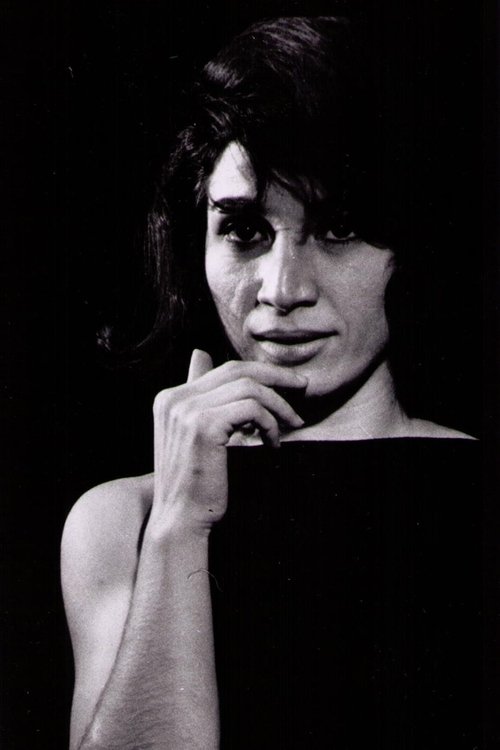
Forugh Farrokhzad
Forough Farrokhzad
atau dikenal sebagai
Riwayat Hidup
Forugh Farrokhzad (Persian: فروغ فرخزاد; December 29, 1934 – February 13, 1967) was an influential Iranian poet and film director.
She was a controversial modernist poet and an iconoclast, writing from a female point of view.
Info Pribadi
Peran Yang Di Mainkan Forugh Farrokhzad
 A single tree that has witnessed...
A single tree that has witnessed...Where is the Final Destination? 2025
A single tree that has witnessed events, a girl who loves Forough, and a boy who reads Sohrab.
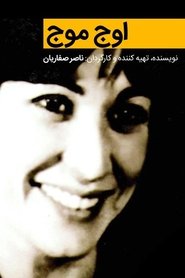 Part 3 of documentary trilogy about Pertsian...
Part 3 of documentary trilogy about Pertsian...Summit of the Wave 2003
Part 3 of documentary trilogy about Pertsian poet Forough Farrokhzad. This part focuses on her theatre and film work.
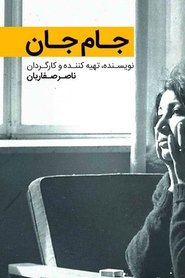 Part 2 of the trilogy concerning Persian...
Part 2 of the trilogy concerning Persian...The Mirror of the Soul 2002
Part 2 of the trilogy concerning Persian poet Farough Farrokhz. This film examines her controversial, sometimes erotic, poetry. Contemporary Iranian poet Forough Farrokhzad became a legend in her own time for her innovative and controversial writings. In this extensive, three-part documentary, Farrokhzad's life, work, and soul are laid bare. Director Nasser Saffarian deftly combines interviews with family members and peers with footage of Farrokhzad shot by Bernardo Bertolucci. Saffarian digs deep into her personal and professional life to uncover new information about this outspoken artist. Includes The Green Cold, a revealing look at her private world, The Mirror of the Soul, an exploration of her controversial, sometimes erotic poetry, and Summit of the Wave, an overview of her theater and film work.
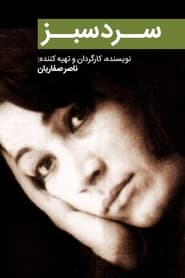 Part 1 of the trilogy concerning Persian...
Part 1 of the trilogy concerning Persian...The Green Cold 1999
Part 1 of the trilogy concerning Persian poet Farough Farrokhz. This film traces her personal life.
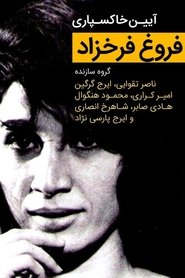 Forough Farrokhzad Funeral Ceremony
Forough Farrokhzad Funeral Ceremony"Forough Farrokhzad" Funeral Ceremony 1967
"Forough Farrokhzad" Funeral Ceremony
 Hashem is a cab driver who...
Hashem is a cab driver who...The Brick and the Mirror 1966
Hashem is a cab driver who finds an infant child in the back seat of his cab one night after he gives a ride to a young woman. Hashem and his girlfriend, Taji, try to cope with this unwanted child. Hashem insists on getting rid of the child, Taji on keeping him.
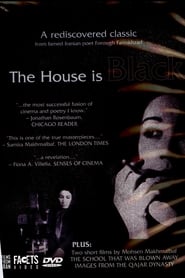 Set in a leper colony in...
Set in a leper colony in...The House Is Black 1963
Set in a leper colony in the north of Iran, The House is Black juxtaposes "ugliness," of which there is much in the world as stated in the opening scenes, with religion and gratitude.
 The National Iranian Oil Company NIOC...
The National Iranian Oil Company NIOC...A Fire 1961
The National Iranian Oil Company (NIOC), formed upon nationalization of the British Anglo-Iranian Oil Company, employed film systematically, producing many films on oil and petrochemical subjects. It also made films depicting Iran's progress and modernization, highlighting the role of the Shah and NIOC in that direction. Under its auspices, Ebrahim Golestan directed A FIRE (1961), a highly visual treatment of a seventy-day oil well fire in the Khuzestan region of southwestern Iran. This film was edited by the Iranian poet Forough Farrokhzad and won two awards at the Venice Film Festival in 1961.
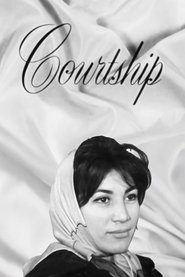 Ebrahim Golestans contribution to an anthology...
Ebrahim Golestans contribution to an anthology...Courtship 1961
Ebrahim Golestan's contribution to an anthology film about the rites of betrothal in four separate countries.
